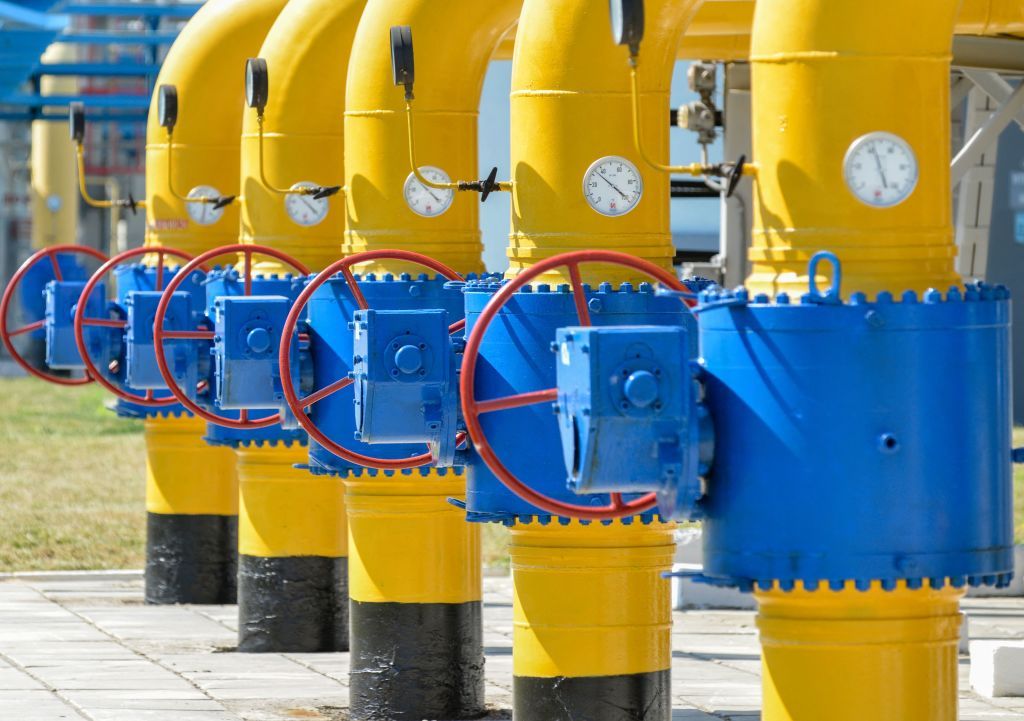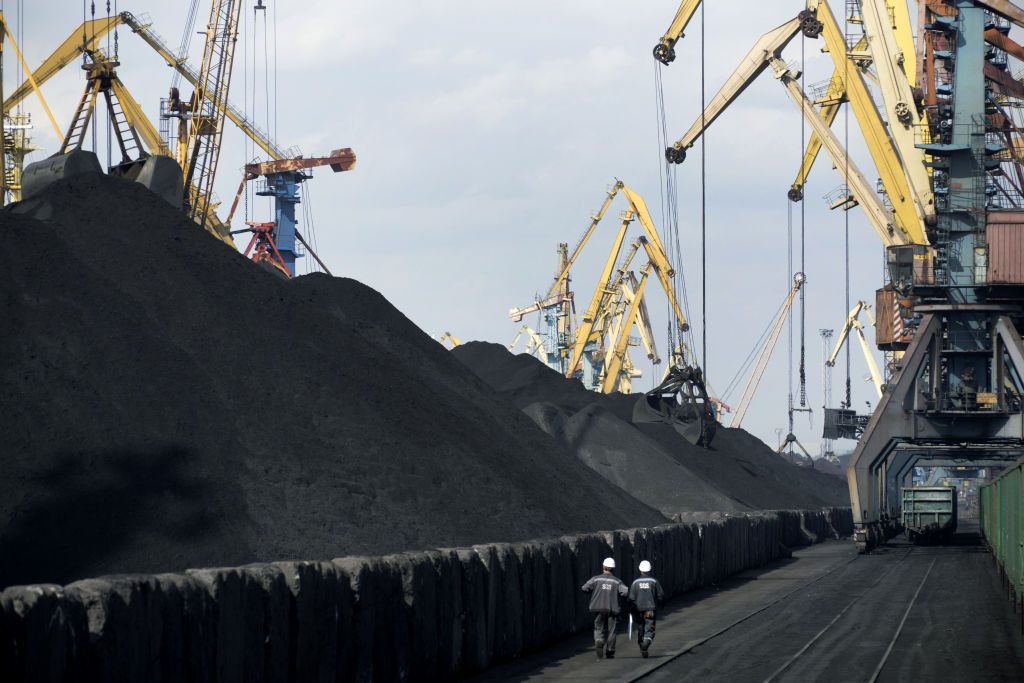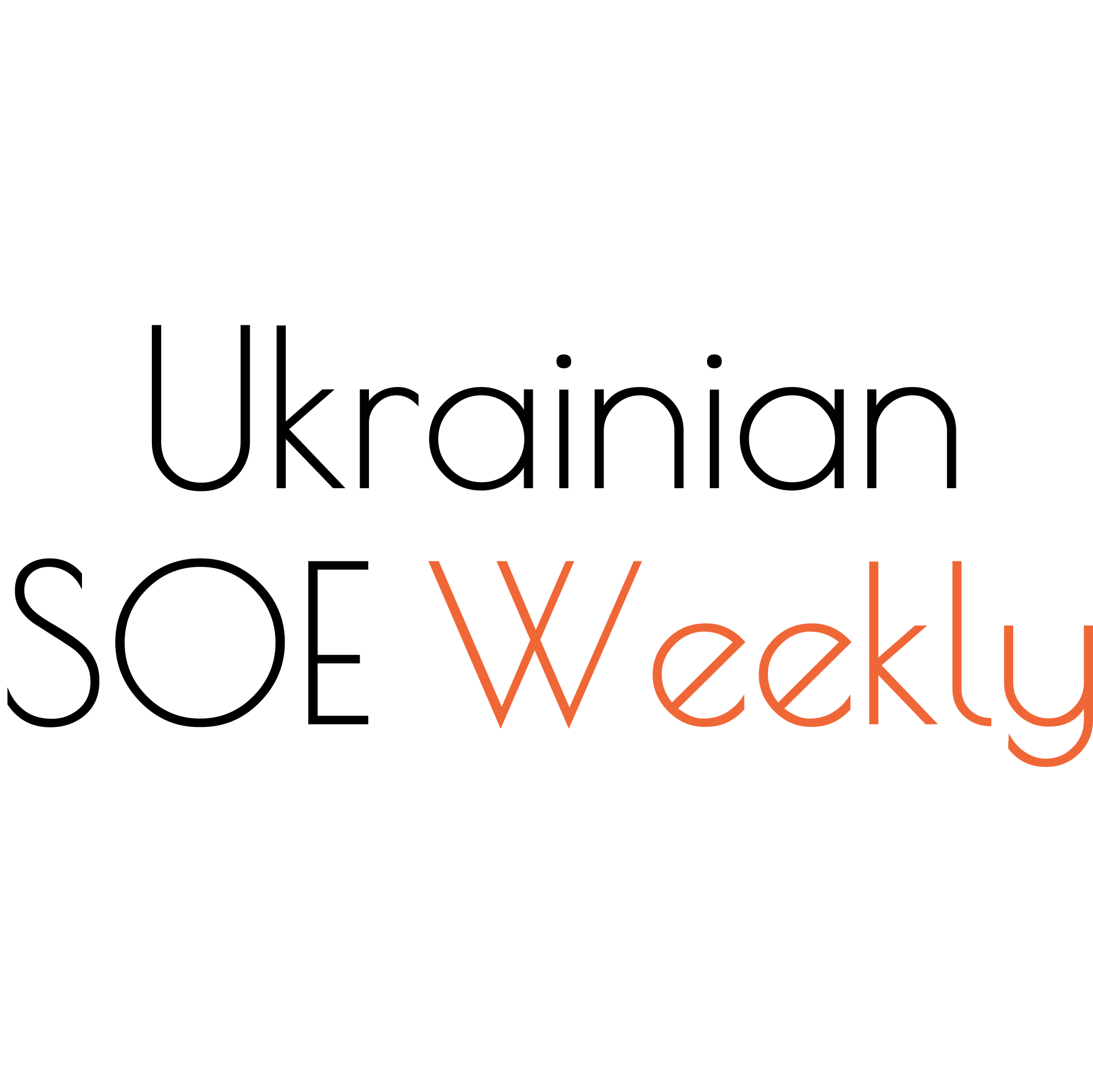Editor’s Note: This is issue 141 of Ukrainian State-Owned Enterprises Weekly, covering events from July 14-20, 2024. The Kyiv Independent is reposting it with permission.
Corporate governance of SOEs
PrivatBank appoints a new CFO. On July 15, PrivatBank reported that Larysa Chernyshova will serve in this role starting Sept. 1. She joined the bank as Chief Credit Officer in 2017 and has served as an executive board member responsible for risk management (Chief Risk Officer – CRO) since 2018.
Chernyshova has 28 years of experience in senior management positions in the financial sector, including international banks such as Swedbank, Credit Agricole, and UniCredit Leasing, the bank added.
As we reported in Issue 138, Gerhard Bösch resigned as PrivatBank’s CEO. According to Ekonomichna Pravda (EP), the unofficial reason was the discrepancy between the tasks assigned to Bosch and the reality: When Bosch was elected as PrivatBank’s CEO in May 2021, his tasks included preparing the bank’s privatization. However, during the full-scale war, this process was put on hold, EP wrote.
Energy sector
Ukrainian energy grid hit by drones again. Early in the morning of July 20, the Ukrainian Energy Ministry reported that Russian troops damaged the electricity transmission system operator’s (Ukrenergo’s) facilities in Poltava, Sumy, Chernihiv, and Kharkiv oblasts.
According to the ministry, in Poltava Oblast, equipment at a high-voltage substation was switched off during an air raid alarm, which led to a shutdown of several overhead lines, substations, and households. A fire broke out at the substation. The fire was later extinguished. Consumers were supplied with power via a backup scheme.
In Sumy Oblast, a fire broke out at a high-voltage substation during a drone attack, which led to a shutdown. The fire was contained.
In Chernihiv oblast, a drone attack shut down equipment at a high-voltage substation. Several substations, household consumers, and a company were cut off from power. Loss of power to consumers was partial.
In Kharkiv Oblast, a high-voltage overhead line was severed but consumers did not lose power.
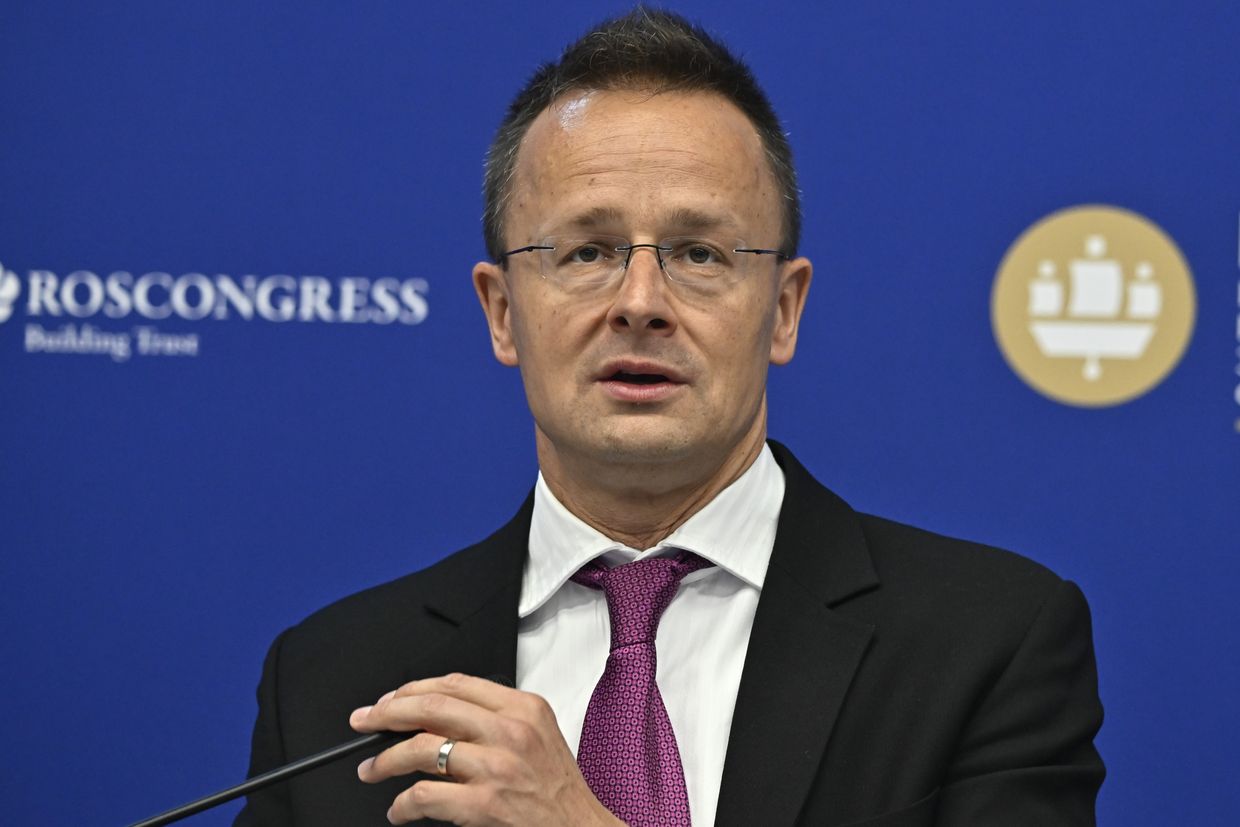
Ukrenergo also reported an attack by Russian drones on the electricity transmission system operator’s facilities in Poltava, Sumy, and Chernihiv oblasts. Industrial and household consumers in certain areas of Poltava and Chernihiv oblasts were temporarily cut off from electricity supply, the company added.
From March 22–June 19, Ukraine faced six massive missile and drone strikes on electricity facilities. See our Issues 124, 125, 127, 129, 131, and 134 for more detail.
After every Russian mass missile attack on Ukraine’s vital infrastructure, emergency outages take place, lasting for days due to the ongoing repair works. During such outages, people in Ukraine are often left without electricity, heating, water supply, or access to mobile phone networks.
Ukrenergo to receive a 100-million-euro grant from the EU for restoration and protection. On July 19, Ukrenergo reported that it signed a 100-million-euro ($108 million) grant agreement with Germany’s development bank, KfW. It will pay for:
- modernization of high-voltage substations in western Ukraine and the development of interconnectors linking Ukraine to the power system of continental Europe;
- repair and restoration of equipment destroyed or damaged by Russian shelling at high-voltage substations, as well as the purchase and delivery of new equipment; and
- measures to strengthen the physical protection of Ukrenergo substations.
This grant is the second phase of the targeted Reconstruction and Rehabilitation of the Electricity Transmission Infrastructure of Ukraine program. On June 11, during the Ukraine Recovery Conference in Berlin, Ukrenergo signed an agreement with KfW on the first phase of the program worth 15 million euros ($16.2 million), the company added.
As we reported in Issue 136, Ukrenergo would receive a 30-million-euro ($33 million) loan and a 15-million-euro ($16.2 million) grant from Germany to improve the reliability of Ukraine’s energy infrastructure.
Naftogaz’s CEO interview. Naftogaz’s CEO Oleksiy Chernyshov was interviewed by liga.net this week. We selected the key points:
On attacks against gas infrastructure:
- “We have been facing focussed, quite consistent attacks on our underground gas storage since the end of March 2024. However, this will not affect the stable passage of the heating season, gas injection process, and storage, which we need for the 2024/2025 season.”
- “Of course, the attacks have certain consequences, but Ukrtransgaz (Naftogaz’s gas storage subsidiary) is constantly restoring and repairing damaged facilities. We are also working on additional protection.”
- “We have a recovery plan and a certain approach to stockpiling process equipment for this purpose. Although we have reserves – but reserves can also run out – the key is to have air defense to protect our facilities.”
See our Issues 125, 127, and 129 on previous attacks on underground gas storage.

On the likelihood of gas cut-offs for households next winter:
- “Such a scenario is not foreseen. Naftogaz has sufficient volumes of natural gas. We will supply households, of which we have more than 12 million among our clients. And you can see that today gas remains the most stable source of energy in the country.”
On whether Naftogaz would have time to pump 13 billion cubic meters of gas into storage facilities before winter:
- “Let's return to this question on Nov. 1. We had a warm winter last year and started pumping earlier. During this period, we pumped 400 million cubic meters more than in the previous period. Now we are on track with our injection rates. The second half of July, August, and September are always key for gas injection. Now we will pump more than 30 million cubic meters per day.”
As we wrote in Issue 126, on April 2, Ukrtransgaz reported the end of the 2023/2024 heating season and the start of a new season of gas injection into underground storage.
As we reported in Issue 137, as of June 17, Ukraine pumped about 1.6 billion cubic metres into underground gas storage, and the total volume of gas in underground facilities exceeded 9 billion cubic metres.
On gas transit from Russia:
- “I can tell you clearly that Naftogaz will not extend the transit agreement with Gazprom. We are not negotiating and do not plan to negotiate.”
- “On the other hand, our gas transportation system is one of the state’s key assets. It allows our country to be in the major league of the energy business to some extent. This is because the gas system provides a very significant potential transportation volume.”
- “I believe that strategically, the gas transportation system should work. We have access to the market in the future when Ukraine becomes a gas exporter. We have no right to stop this system. If we should stop it, the European market would switch to other suppliers in a few years. That’s why we have this dilemma. On one hand, we cannot work with Gazprom, and on the other hand, our system must be operated and maintained. At the moment, Naftogaz alone transfers more than $1 billion a year to GTSOU to keep the system running."
- “In fact, we are looking for alternative solutions. For example, we have been approached by Azerbaijani businesses, particularly, SOCAR [Azerbaijan’s largest state holding company). But we don’t have a ready-made solution yet. It is too early to talk about this.”
As we wrote in October 2023 (Issue 108), the gas transit contract between Naftogaz and Gazprom would be over by the end of 2024, and Naftogaz was not in the position to renew it. The only reason Ukraine was still transiting Russian gas is to support the EU countries, especially landlocked countries, Chernyshov then said.
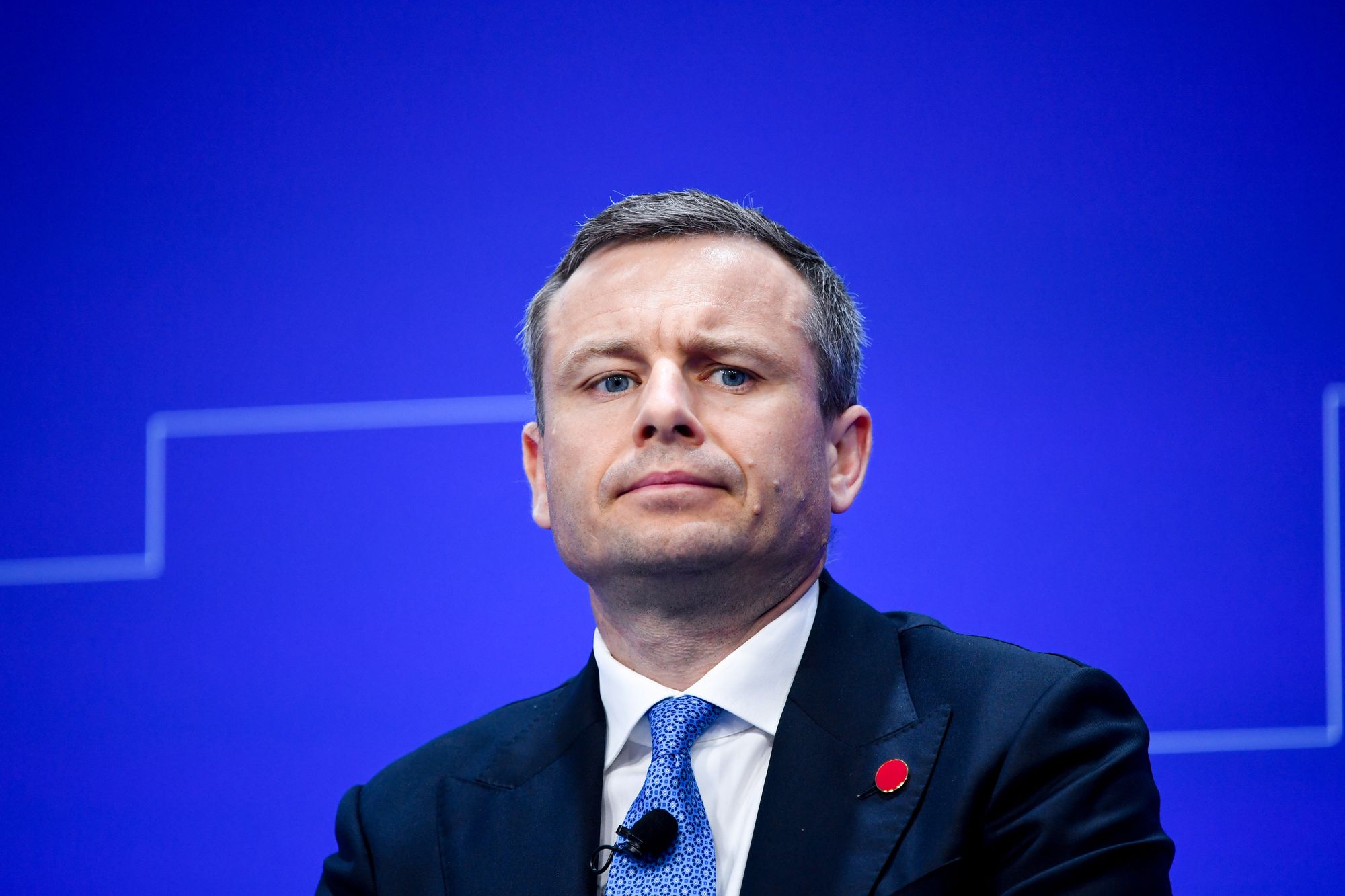
On Firtash’s gas distribution companies and Naftogaz’s monopolistic position:
- “For years, the distribution control, belonging to Firtash’s RGC group, led to gas losses. Now the efficiency of distribution and gas balance is more stable than it was under the previous system.”
- “Certainly, some of Naftogaz Group’s assets in the post-war period are to be potentially privatized in the future. Indeed, in most countries, gas distribution are traditionally private businesses that compete with each other. This actually affects the quality and price of services, which become market-based. I think that certain non-strategic businesses of Naftogaz Group may eventually be privatized.
- “What are the prerequisites for this privatization? The first is the end of the war. The second is open, fair, and transparent conditions for holding such tenders and auctions. This would probably be a consequence of the success of some important reforms in quite understandable areas. First of all, the judicial system.”
In our earlier issues, we reported on the wave of taking over Firtash’s gas distribution companies by Naftogaz. See our Issues 71, 98, 100, 104, 108, 111, 113, and 114.
As we wrote in Issue 113, the integration of regional gas companies establishes Naftogaz as a monopoly in gas distribution, but it is a wartime measure, and they should be privatised via public auctions when “the situation allows this," Chernyshov said back then.
As we reported in Issue 126, Chornomornaftogaz, as the manager of Firtash’s seized regional gas distribution companies, paid Hr 63.6 million (€1.5 million at the going exchange rate) in 2022 dividends.
As we wrote in Issue 138, the High Anti-Corruption Court (HACC) lifted the seizure of shares in Firtash’s gas distribution companies, but later they were returned to state control.
Naftogaz makes timely payments on restructured Eurobonds, the company’s press office reported on July 19.
“Under the terms of the restructuring, Naftogaz has made mandatory payments; the next one is scheduled for November 2024. We are fulfilling our obligations in good faith. Getting out of default demonstrates our reliability to international partners and enables Naftogaz to attract new capital investments for the company’s development,” Naftogaz’s CEO Oleksiy Chernyshov said.
As we reported in Issue 68, Naftogaz defaulted on its Eurobonds on July 26, 2022 due to the Cabinet of Ministers’ refusal to approve payments on them. (See Issue 68 for more detail.)
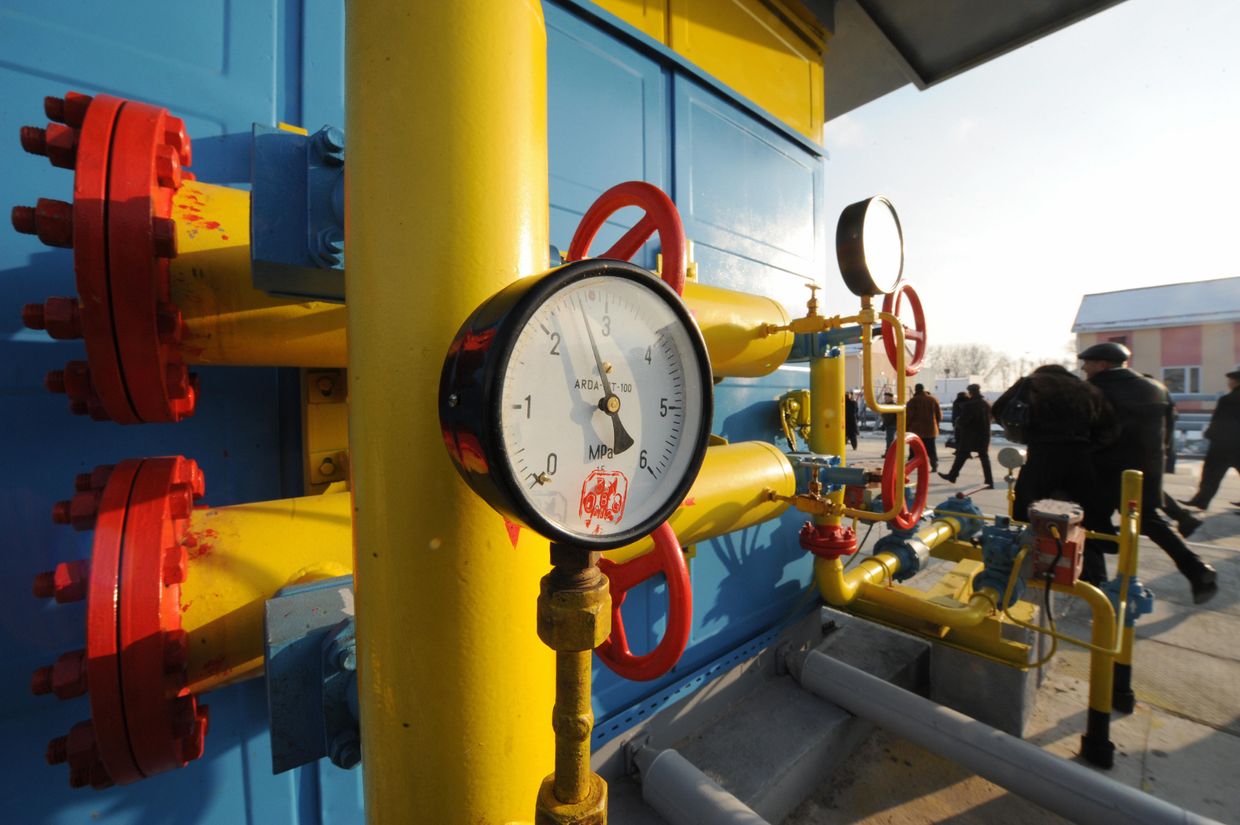
In Issue 75, we reported that Naftogaz was trying to restructure its 2022 and 2026 Eurobond liabilities with financial advisor Lazard and legal advisor Freshfields Bruckhaus Deringer.
In Issue 90, we reported that Naftogaz reached agreements with investors on ways to restructure Eurobonds maturing in July 2022 and November 2026. (See Issue 90 for the restructuring terms.) The restructuring of both the 2022 and 2026 bonds was expected to be completed by the end of July 2023.
As we wrote in Issue 95, the Cabinet of Ministers (as the shareholder of Naftogaz) agreed on the term sheet to restructure these Eurobonds on June 24, 2023.
As we wrote in Issue 103, Naftogaz reported that it had completed repayments to fulfil its credit obligations after the restructuring of Eurobonds set to mature in 2022 and 2026. As a result, Naftogaz Group has officially exited default status, the company announced.
Defense
UDI to cooperate with two Czech defense companies. On July 16, Ukrainian Defense Industry (UDI) reported that it signed a contract with Sellier & Bellot and an agreement with Ceska zbrojovka, subsidiaries of Colt CZ (Czech Republic).
The Sellier & Bellot deal concerns the construction of a new small arms ammunition production facility in Ukraine. The agreement with Ceska zbrojovka is meant to lead to manufacturing NATO-standard assault rifles in Ukraine.
Both agreements are implemented within the framework of the Memorandum of Understanding between the Czech Defense Ministry and the Ukrainian Strategic Industries Ministry which was signed on July 7, 2023, the company explained.
As we wrote in June 2023 (Issue 91), UDI signed a contract with the Czech state-owned defense company VOP CZ for the joint repair of T-64 tanks for the Security and Defense Forces of Ukraine.
As we wrote in Issue 114, during 2023, Ukrainian state-owned defense companies reported that they started manufacturing new weapons and signed cooperation and joint production contracts with various counterparts in NATO member states. See Issues 74,79, 88, 91, 97, 105, 108, and 111 for more detail.
Infrastructure
Ukrzaliznytsia’s civilian infrastructure in Kharkiv oblast was shelled by Russians, the company reported on July 20.
Four railway workers were non-fatally injured, and several facilities and rolling stock were hit.
Due to the attack, the contact network at the exit from Kharkiv was damaged, causing delays on the route to Kyiv. Traffic was later resumed. The Intercity train to Kramatorsk was also delayed, Ukrzaliznytsia added.
As we reported earlier, Ukrzaliznytsia’s civilian infrastructure in and around Dnipro was shelled by Russian troops on April 19. See Issue 128 for more detail.
On May 8, Ukrzaliznytsia’s civilian infrastructure in Kherson was also shelled. See Issue 131 for more detail.
Later in May, we reported on the previous shelling of Ukrzaliznytsia’s civilian infrastructure in Kharkiv oblast. See Issue 133 for more detail.
Privatisation
SPFU sells the Kozatsky Hotel in Kyiv for Hr 400 million ($9.7 million). On July 18, the State Property Fund of Ukraine (SPFU) announced that the auction had three bidders, with a starting price of Hr 155 million ($3.7 million).
According to the SPFU, the Kozatsky Hotel is a 9,500 square meters hotel located in the center of Kyiv. The lot includes a building with 135 rooms, a restaurant, a cafe, five conference halls, and 1,494 items of movable property (equipment, furniture, inventory, etc.). As of the end of March 2024, the hotel had Hr 9.1 million (around $220,000) in back debts, which the new owner must repay.
The buyer would also pay an additional Hr 80 million ($1.9 million) in VAT.
The winner has 20 working days after the auction is completed to pay the price of the lot. The sale and purchase agreement would be signed only after the funds have been transferred to the budget, the SPFU added.
According to Prozorro.Sale, the winner of the auction is Agricultural Nadiya LLC, owned by businessman Serhiy Spodin.
For more detail on the SPFU preparing the Kozatsky Hotel for privatization, see Issue 126.
SPFU announces auctions for the Ukraine Hotel and UMCC. On July 19, the SPFU announced the first two large-scale privatisation auctions at Prozorro.Sale system: for the Ukraine Hotel and the United Mining and Chemical Company (UMCC).
The auction for the Ukraine Hotel is scheduled for Sept. 18, and the UMCC’s auction, for Oct. 9.
As we wrote in Issue 116, the SPFU planned to put Kyiv’s four-star Ukraine Hotel up for privatization. According to SPFU head Vitaliy Koval, the hotel is under-booked because of martial law and has racked up more than Hr 45 million in debts (around $1 million at the time).
As we reported in Issue 129, on April 23, the Cabinet designated Ukraine Hotel as a large-scale asset for privatization.
As we wrote in Issue 140, on July 12, the Cabinet of Ministers approved the terms of sale of Ukraine Hotel. The starting price is Hr 1.05 billion ($25.4 million).
As we wrote in Issue 33 three years ago, the UMCC privatization auction was scheduled to take place on Aug. 31, 2021. Later, in SOE Weekly’s Issue 41, we reported that the SPFU cancelled that auction because it only had one qualified bidder.
The media published a list of participants allegedly interested in UMCC assets. Some of them said that the asset was not well prepared for privatization, and they did not consider the auction terms fair. Others claimed that the starting price was inadequate. It was reportedly impossible to estimate the company’s mineral deposits.
The SPFU’s auction commission set Oct. 29, 2021 as the new auction date, but that auction was also cancelled (see Issue 49 for more). So was the following auction on Dec. 20, 2021 (see Issue 57 for detail).
See more on the previous attempts to sell UMCC in our Issues 33, 41, 49, 56, and 57.
In Issue 105, we reported that the SPFU changed UMCC’s executive board, dismissing first deputy CEO Yaroslava Maksymenko and replacing her with Yegor Perelygin in September 2023. As we wrote in Issue 135, the Cabinet appointed Perelygin as UMCC’s acting CEO on June 4.
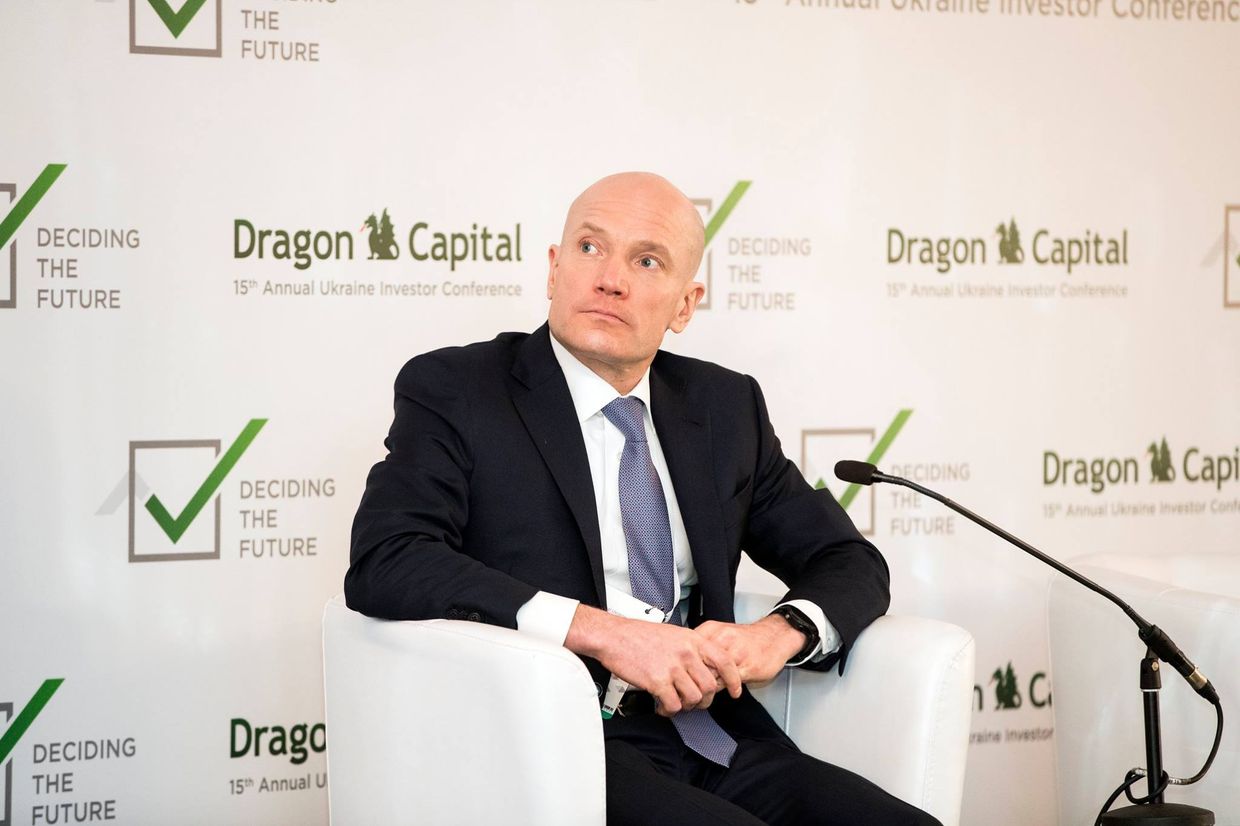
As we reported in Issue 106, the SPFU planned for UMCC to be one of the first large companies to be privatized. The starting price would be determined with BDO Corporate Finance, the SPFU’s advisor on the privatisation of UMCC.
However, as we wrote in Issue 109, then acting head of the SPFU Oleksandr Fedoryshyn said later in October 2023 that the SPFU was going to offer investors to buy UMCC in a single package with the Demurinsky Mining and Processing Plant.
Vitaliy Koval, the newly appointed head of the SPFU, confirmed this later in an interview (see our Issue 117). In effect, this suggested that the SPFU’s previously announced plans to privatize UMCC as one of the first targets would be seriously delayed, if not put aside.
However, as we reported in Issue 133, the SPFU’s most recent communication on the matter on May 23 suggested that the Fund discarded the idea of bundling UMCC and Demurinsky in a single lot.
The SPFU auction commission determined the terms of UMCC’s privatization on May 23. The starting price was set at Hr 3.9 billion ($94.5 million). See Issue 133 for more detail.
As we wrote in Issue 140, on July 12, the Cabinet of Ministers approved the terms of privatization of UMCC, with the same starting price.
Ukrainian SOE Weekly is an independent weekly digest based on a compilation of the most important news related to state-owned enterprises (SOEs) and state-owned banks in Ukraine.
The contents of this publication are the sole responsibility of the editorial team of the Ukrainian SOE Weekly.
The SOE Weekly is produced and financed by Andriy Boytsun. Communications support is provided and financed by CFC Big Ideas. The SOE Weekly is not financed or influenced by any external party.
Editorial team: Andriy Boytsun, Oleksiy Pavlysh, Dmytro Yablonovskyi, and Oleksandr Lysenko.
